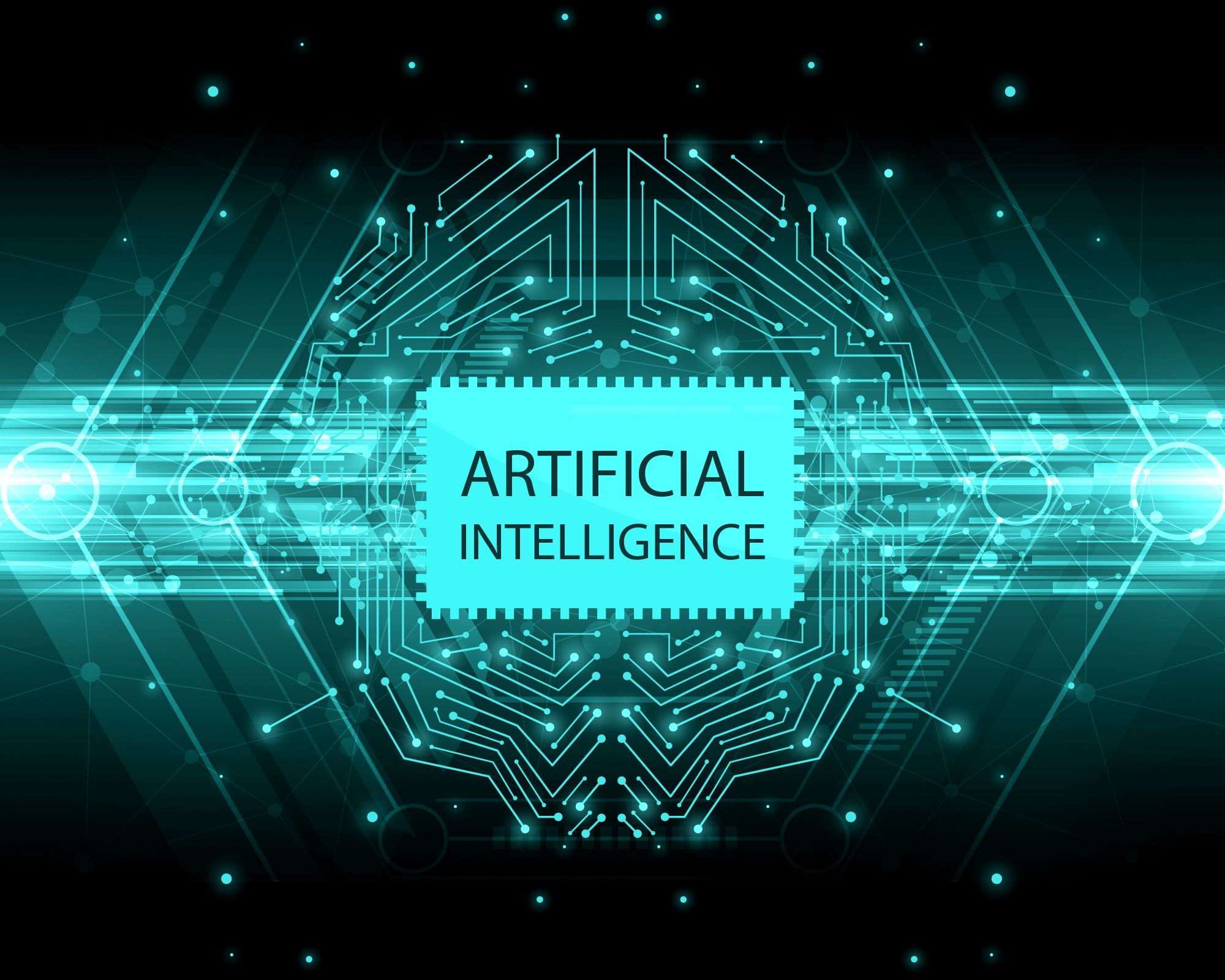In early 2023, ChatGPT took the world by storm.[1] Many flocked to its website to generate poems, articles, and exam answers to see what it was capable of.[2] It is much more advanced than most anticipated.[3] Its surprising level of advancement has led many people and corporations to discuss its potential productivity benefits.[4] Despite all of the excitement surrounding the platform, it has also sparked concerns over the potential abuses of ChatGPT similar or more advanced artificial intelligence (“AI”) systems.[5]
ChatGPT is called a generative AI. Generative AI is a category of AI that generates new outputs based on the data they have been trained on and utilizes deep learning to generate entirely new content.[6] In practice, this allows generative AI’s to produce new advertisements, artwork, video games, etc.[7] Previous forms of AI were perhaps competent decision makers, but hardly capable of generating such a broad swath of new content. Generative AI has caused two main areas of concern amongst regulators: training data and generative AI’s capabilities.
For an AI to function, it require vast amounts of training data to improve their performance; oftentimes this data can be personal or sensitive in nature.[8] Current laws such as the California Consumer Privacy Act[9] and the European Union’s (“EU”) General Data Protection Regulation[10] address these data privacy concerns. Because this area is more regulated than the later, it won’t be discussed further.
The second area of concern is ChatGPT’s vast capabilities. These include its ability to automate tasks, write articles and tweets, give advice, write or correct code, and even write the factual section of legal complaints, to name a few.[11] While its accuracy has been called into question, it can only get better with new iterations, as evidenced by ChatGpt-4, which was released only three months after the popular ChatGPT-3.[12] The only major AI regulation, which has yet to be in full effect, is the EU’s AI Act.
On April 21, 2021, the European Commission proposed the AI Act, a framework for governance of artificial intelligence.[13] The main purpose of this act is to ensure that AI systems placed in the EU market are used in a way that respects fundamental rights and values of the EU.[14] However, the act has been criticized for being too narrow, as it only deals with AI applications like social scoring, manipulation, some instances of facial recognition, and classifying risk levels of AI.[15] While high-risk AI is subject to strict obligations, some say that the act is not sufficiently geared towards a generative AI.[16] ChatGPT is whatever the user wants it to be. If the user wants it to answer a low-risk question, it will and at that moment it will not be a high-risk AI. However, if a user wants it to perform high-risk activity, it will and would at that moment be considered a high-risk AI. The issue is that ChatGPT is a different class of AI than perhaps what regulators anticipated.
Shortly after ChatGPT’s world tour, EU institutions have set to rewriting their draft plans for the AI Act to include generalized, text generative AI.[17] The current solution seems to be to classify text-generative AI without human oversight as high-risk.[18] There are other parts of the EU pushing for transparency into how the AI works.[19] However, both solutions have been met with concern that they will not be enough to keep up with the pace of AI advancement.[20]
Many eyes are watching the EU to see what new amendments will be added to the AI Act to tackle AI like ChatGPT. The question is whether the AI Act will be ready for the next advancement in AI.
[1] Ryan Browne, All You Need to Know About ChatGPT, the A.I. Chatbot That’s Got the World Talking and Tech Giants Clashing, CNBC (Feb. 8, 2023), https://www.cnbc.com/2023/02/08/what-is-chatgpt-viral-ai-chatbot-at-heart-of-microsoft-google-fight.html.
[2] Id.
[3] Id.
[4] James Currier, How Generative AI Will Supercharge Productivity, Fast Company ( Jan. 20, 2023), https://www.fastcompany.com/90836481/how-generative-ai-will-supercharge-productivity (outlining productivity benefits of generative AI like Chat-GPT to be text generation, assistance in research, quicker content curation).
[5] Id.
[6] Nick Routley, What is Generative AI? An AI Explains, World Economic Forum (Feb. 6, 2023), https://www.weforum.org/agenda/2023/02/generative-ai-explain-algorithms-work/.
[7] Id.
[8] Rachel Wolff, What is Training Data in Machine Learning?, MonkeyLearn (Nov. 2, 2020), https://monkeylearn.com/blog/training-data/.
[9] California Consumer Privacy Act (CCPA), Rob Bonta Att’y Gen., https://oag.ca.gov/privacy/ccpa (last visited Apr. 9, 2023).
[10] General Data Protection Regulation, GDPR, Intersof Consulting https://gdpr-info.eu (last visited Apr. 9, 2023).
[11] Currier, supra note 4.
[12] Eric Griffith, GPT-4 vs. ChatGPT-3.5: What’s the Difference?, PC Magazine (Mar. 16, 2023), https://www.pcmag.com/news/the-new-chatgpt-what-you-get-with-gpt-4-vs-gpt-35.
[13] Proposal for a Regulation of the European Parliament and of the Council Laying Down Harmonized Rules on Artificial Intelligence (Artificial Intelligence Act) and Amending Certain Union Legislative Acts, COM(2021) 206 final, (Apr. 21, 2021) [herein, AI Act], https://eur-lex.europa.eu/resource.html?uri=cellar:e0649735-a372-11eb-9585-01aa75ed71a1.0001.02/DOC_1&format=PDF
[14] W. Gregory Voss, Ai Act: The European Union’s Proposed Framework Regulation for Artificial Intelligence Governance, 25 J. Internet L. 1, 8 (2021).
[15] Gian Volpicelli, ChatGPT Broke the EU Plan to Regulate AI, Politico (Mar. 3, 2023), https://www.politico.eu/article/eu-plan-regulate-chatgpt-openai-artificial-intelligence-act/.
[16] Id.
[17] Id.
[18] Id.
[19] Id.
[20] Id.


